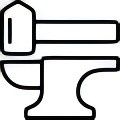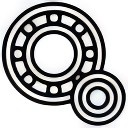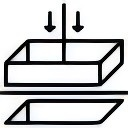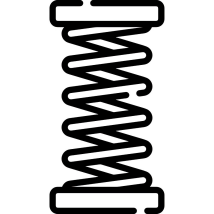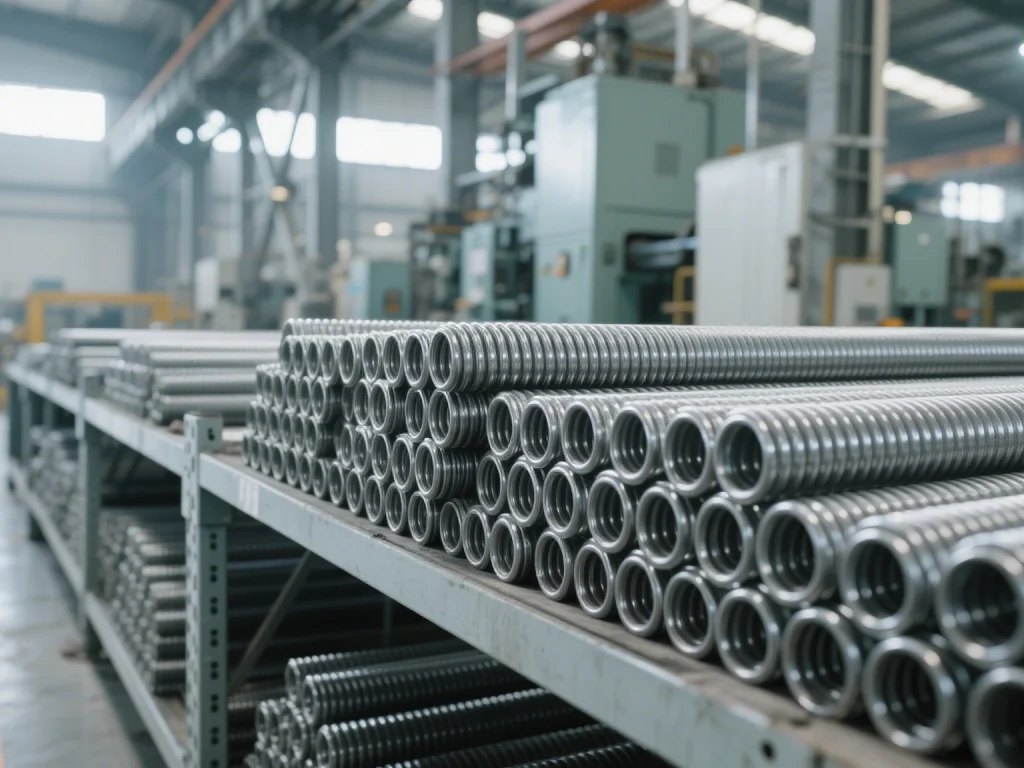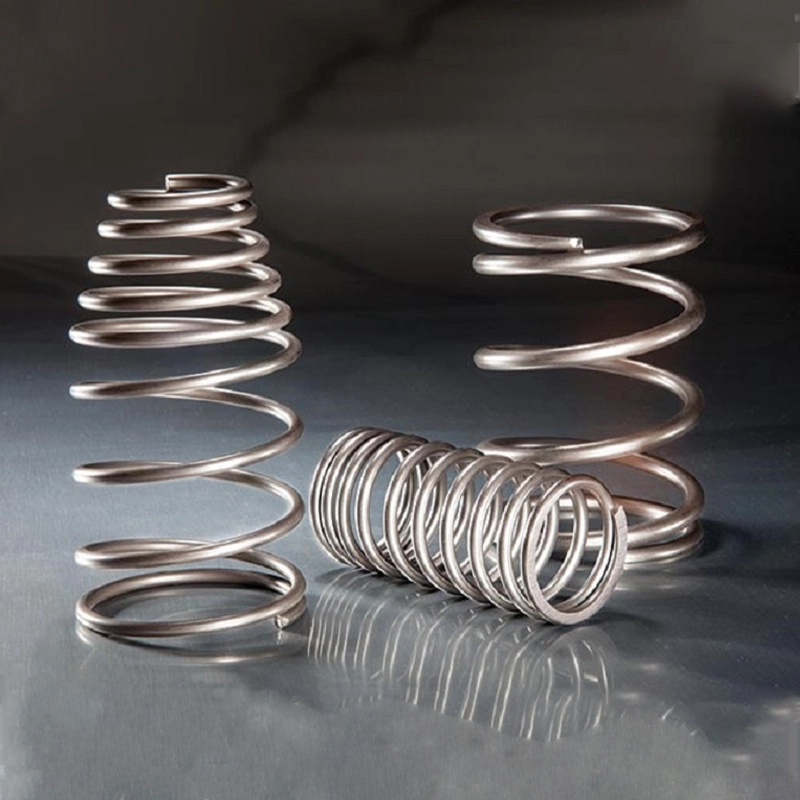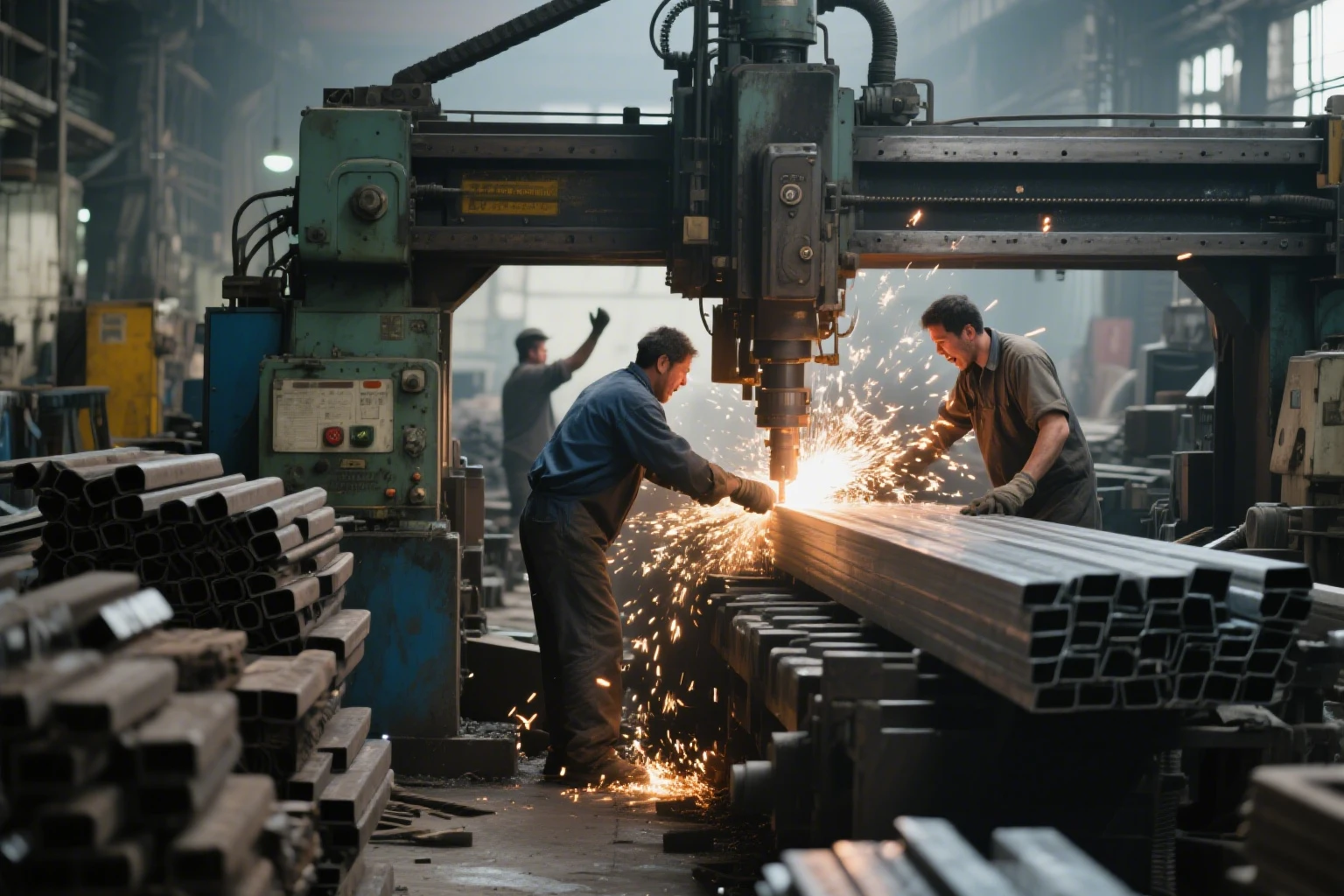What Makes Spring Steel So Special
Getting to Know Spring Steel’s Makeup
Spring steel is a tough material made from carbon-rich or specially mixed metals. It’s built to bend and stretch. But It always returns to its original shape and structure. The secret sauce? Carbon content ranging between half a percent to a full percent. That’s what gives it that rock-solid strength.
During the creation of spring steel, manufactures used many special techniques and materials to make it special. Manufacturers toss in other ingredients – think silicon, manganese, and chromium. These additives aren’t just filler. They make the material more durable and help it fight off everyday wear and tear. Together, these components create metal that can take punishment without staying deformed.
Wondering what kind of metal spring steel is? It’s mostly carbon and alloy steels with some extra ingredients for top-notch performance. These bits let it handle heavy stress without losing its shape.
Why Spring Steel Excels in Industrial Manufacturing
Spring steel’s features make it awesome for manufacturing jobs that need strength and bendiness. Here’s what stands out:
- Super Strong: It can take heavy loads without breaking.
- Bouncy: It bends under pressure but pops back to its original shape.
- Tough Against Wear: It keeps going through tons of stress cycles without giving up.
- Hard Surface: Its toughness fights off scratches and damage.
- Shapeable: It can be molded into all sorts of forms during production.
These qualities make it perfect for making springs, clips, washers, and parts for cars, machines, and construction.
How Heat Treatment Boosts Spring Steel
Heat treatment is a game-changer for spring steel’s performance. Common steps include annealing, quenching, and tempering:
- Annealing:softens it up. This makes it easier to shape or cut.
- Quenching:heats it then cools it fast. That amps up its hardness and strength.
- Tempering:tweaks the brittleness from quenching but keeps it tough.
These steps let makers fine-tune spring steel for specific jobs. Heat treatment is critical in customizing spring steel grades for automotive, tooling, and machinery manufacturing.
What Types of Spring Steel Are Out There
Carbon Spring Steel and Where It’s Used
Carbon spring steels are super popular because they’re affordable and work great for everyday tasks. They’ve got a lot of carbon—usually 0.6% to 1%. That gives them strength and bounce.
Where you’ll see them:
- Car suspension systems
- Hand tools like saw blades
- Springs in industrial machines
Carbon spring steels are the go-to when you need solid performance without spending a ton.
Alloy Spring Steel: What It Offers
Alloy spring steels toss in extras like silicon, manganese, chromium, or vanadium. These bump up their performance beyond plain carbon steels.
What they bring:
- Better rust protection
- Extra toughness
- Longer life under stress
Where they shine:
- Heavy-duty car coil springs
- Industrial valves
- Parts in high-stress machines
Alloy spring steels are great for rough settings where durability is key.
Stainless Spring Steel for Rust-Free Needs
Stainless spring steels are made for jobs where rust is a no-go but you still need strong performance. They’ve got at least 10% chromium, plus some nickel or molybdenum.
Where they’re used:
- Marine gear
- Medical tools
- Food processing equipment
Their rust-fighting power makes them a must in wet or chemical-heavy industries.
How Do You Choose the Right Spring Steel for Your Project
What to Think About When Picking a Grade
Picking the best spring steel grade depends on a few things:
- What’s the Job? Decide if strength or rust resistance matters more.
- What’s the Environment? Wet or chemical-heavy spots need stainless grades.
- How Much Stress? Figure out the max load the part will face.
- Budget Limits: Carbon steels can work for cheaper projects with basic needs.
- Making It Work: Make sure the grade fits your shaping or cutting process.
Keeping these in mind helps you zero in on the right choice.
Checking Out Popular Spring Steel Grades
Different grades fit different jobs:
- AISI 1074/1075 (Carbon Steel):
Lots of carbon for awesome bounce.
Used in car leaf springs. - AISI 5160 (Alloy Steel):
Chromium adds extra toughness.
Great for heavy-duty truck coil springs. - AISI 301 (Stainless Steel):
Chromium and nickel team up for top rust resistance.
Perfect for marine gear or food-safe equipment.
Each grade has its own strengths for specific tasks. Picking the right one keeps things running smoothly without breaking the bank.
What Standards and Certifications Should You Look For
Global Rules for Spring Steel Quality
When choosing spring steel for manufacturing, sticking to global standards is a must. These rules make sure the material hits certain quality marks. They keep things reliable. You’ll often see ASTM specs, like ASTM A228 for music wire or ASTM A229 for high-carbon spring steel. These lay out the chemical mix, strength, and size limits for different grades. Meeting these standards ensures reliable performance of spring steel in automotive components, industrial fasteners, and precision springs.
ISO standards, like ISO 683-14, also cover heat-treated steels, including spring steels. Following these means the material can handle tough jobs without failing. Makers often brag about meeting these standards to prove their stuff is legit.
Why Industry-Specific Certifications Are a Big Deal
On top of global standards, industry-specific certifications help figure out if spring steel fits certain jobs. For example, car makers might want IATF 16949, a quality rule for the auto world. Aerospace jobs might need AS9100 or NADCAP certifications.
Meeting these shows the material is high-quality. It also proves a supplier is serious about tough industry demands. This matters a lot in fields where safety and performance can’t be messed with.
Where Can You Find Solid Spring Steel Suppliers
Looking at Quality Checks
Trustworthy suppliers put a lot into quality control to make sure their spring steel is up to snuff. They test for strength, bounce, and wear resistance. Suppliers should share clear records, like certificates of analysis (CoA) or material test reports (MTR).
When checking a supplier’s quality game, ask about their testing tricks. Fancy methods like ultrasonic testing or magnetic particle checks can spot hidden flaws that could mess things up. A supplier’s focus on thorough checks shows they’re reliable and professional.
Checking Supplier Know-How
Experience is huge when picking a spring steel supplier. Suppliers with a long track record get what different industries need. Look for ones who’ve worked with folks in your field, like cars, construction, or machinery.
Seasoned suppliers know the ins and outs of spring steel and its grades. They can give smart tips on picking materials for your project’s needs.
Global vs. Local Suppliers: The Good and the Bad
Choosing between global and local suppliers depends on stuff like delivery speed, cost, and how easy it is to talk. Global suppliers often have more options and better prices because they work on a big scale. But shipping can take longer, and customs delays can be a pain.
Local suppliers deliver faster and are easier to chat with, but they might have less stock or higher prices. Weighing these ups and downs helps you pick what is best for you.
How Can You Keep Your Supply Chain Running Smoothly with Promispecial®
Handling Stock Levels Smartly
To keep your supply chain humming, work with your supplier to manage stock well. Set clear points for reordering based on how fast you use materials and delivery times. This stops you from running out or having too much.
Promispecial® is all about smart stock management. We offer custom plans that fit your production schedule. Our forecasting tools help plan demand accurately. This ensures you’ve got the right amount of spring steel ready. Promispecial® offers optimized delivery and bulk spring steel bar inventory solutions for global manufacturers.
Keeping Stock on Hand
Having enough stock is key to hitting production deadlines without hiccups. Teaming up with a supplier like Promispecial® lowers the risk of supply chain snags. We keep big stocks of high-quality spring steel grades.
Promispecial® also offers flexible options like consignment stock or just-in-time delivery. These save storage space while making sure materials are there when you need them.
By tapping into Promispecial®’s supply chain smarts, manufacturers can keep things running smoothly. We can focus on making great products without stressing about material shortages or logistics. Contact Promispecial® today to discuss how our spring steel products can meet your OEM spring components and custom manufacturing demands.
FAQ
Q: Can Promispecial® customize spring steel bar dimensions and mechanical properties?
A: Yes, we offer OEM and customized services to meet specific technical requirements for different industries.
Q: What standards should I check for spring steel?
A: Look for global standards to make sure the steel is high-quality. ASTM specs, like A228 for music wire or A229 for carbon steel, set rules for strength and makeup. ISO standards, like ISO 683-14, cover heat-treated steels. For specific industries, check certifications like IATF 16949 for cars or AS9100 for aerospace. These show the steel meets tough requirements.
Q: How do I find a reliable spring steel supplier?
A: Focus on a few things:
- Quality Checks: Good suppliers test for strength and durability. Ask for test reports or certificates.
- Experience: Pick suppliers who know your industry, like cars or machinery.
- Global vs. Local: Global ones may have better prices but slower shipping. Local ones deliver fast but might cost more.
Check their track record and testing methods to be sure.


